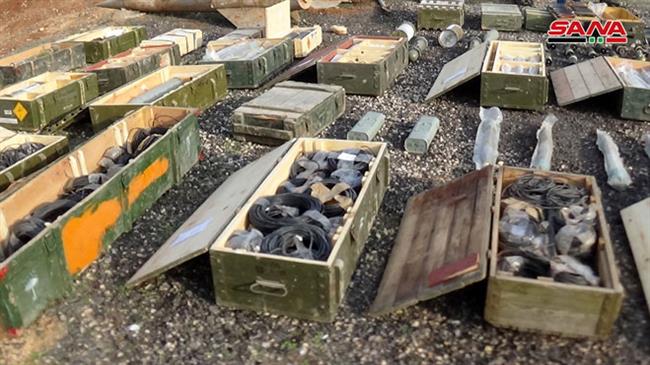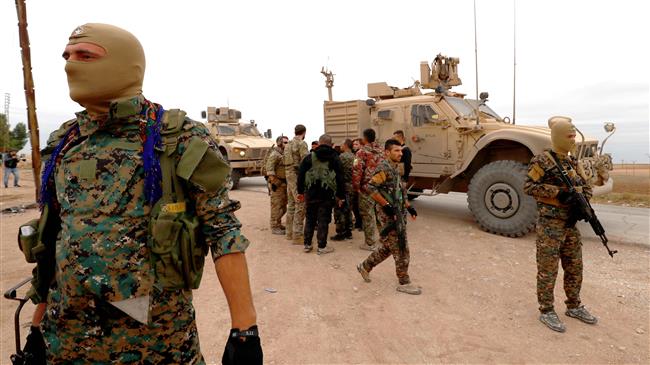UN: 250,000 Syrian refugees could return to homeland next year
The United Nations’ refugee agency says up to 250,000 Syrian refugees could return to Syria as most of once militant-held regions are now under the control of the country’s army troops.
Amin Awad, the director for the Middle East and North Africa of the Office of the UN High Commissioner for Refugees, further said in a press conference on Tuesday that some 37,000 refugees had already returned to their home country so far this year and that they mainly had gone to the provinces of Dara'a, Damascus and Homs.
“Now, by and large, the war has ended. We have a few pockets (of hostilities), including Idlib, as you know that there is a negotiated ceasefire and a de-escalation zone,” he added.
According to the UN official, around 5.6 million Syrian refugees still live in neighboring countries, such as Turkey, Lebanon, Jordan, Egypt and Iraq.
“As the situation in Syria improves some of these refugees are making the journey home,” he said. “We are forecasting, in what we call phase one, up to 250,000 Syrians go back in 2019. That figure can go up and down according to the pace with which we are working and removing these obstacles to return,” Awad further told the presser.
However, the most important obstacles to the return of these refugees are problems with their documentation and property that the Syrian government must help resolve, he added.
“Then there are issues related to conscription, there are issues related to amnesty for those who deserted the army. These are drivers that would basically keep people away, they are obstacles,” Awad told reporters.
He also cited other hindrances, including mines and unexploded ordnance, which requires a massive demining operation to clear agricultural and civilian areas.
The UN refugee agency on Tuesday appealed to donors for $5.5 billion to help neighboring host countries in providing health, water, sanitation, food, education, and psycho-social support to these desperate refugees.
“Their living conditions have deteriorated as their existence in exile prolongs. They have been borrowing money, they are indebted and a lot of them are living below the poverty line,” Awad said.
The return process comes after Syrian army troops liberated Syrian villages and towns from terrorists. More than 2,000 refugees returned to Syria from the Nassib border crossing at the Syrian-Jordanian border, south of Damascus, since it opened last month.
Syria has been gripped by foreign-backed militancy since March 2011. The Syrian government says the Israeli regime and its Western and regional allies are aiding Takfiri terrorist groups wreaking havoc in the country.
Hezbollah says won’t hesitate to take proper action against aggression
Iran to US: Sanctions and war failed; try diplomacy and respect
VIDEO | Afghanistan-Pakistan tensions rise after cross-border strikes
Israeli settlers set mosque ablaze in West Bank during Ramadan
Nouri al-Maliki vows not to withdraw bid for Iraq’s premiership
OIC calls emergency summit as Israel accelerates West Bank expansion
Israel, not America, first: Carlson’s Huckabee interview lays bare US foreign policy priorities
VIDEO | Call for unity, more support for Palestine, humanitarian action during Ramadan













 This makes it easy to access the Press TV website
This makes it easy to access the Press TV website